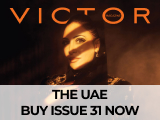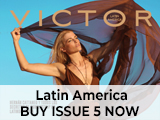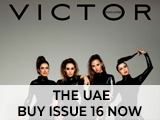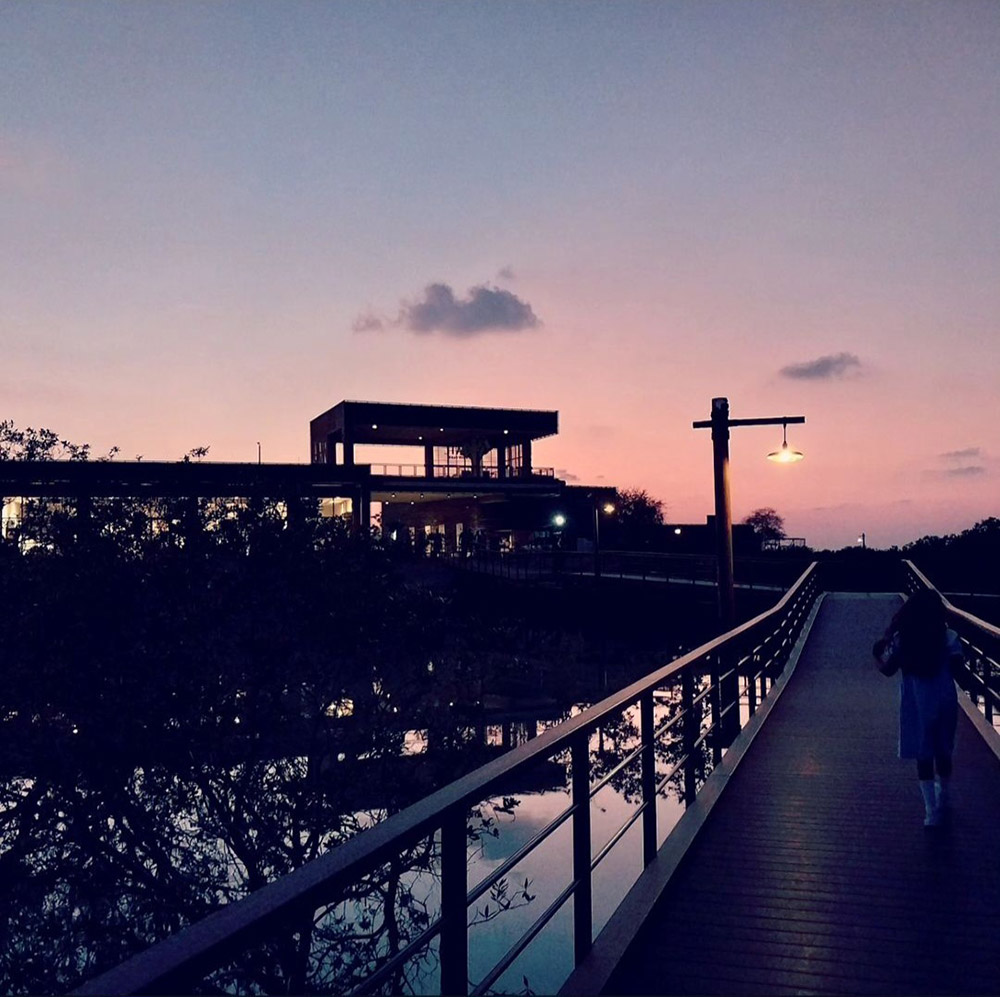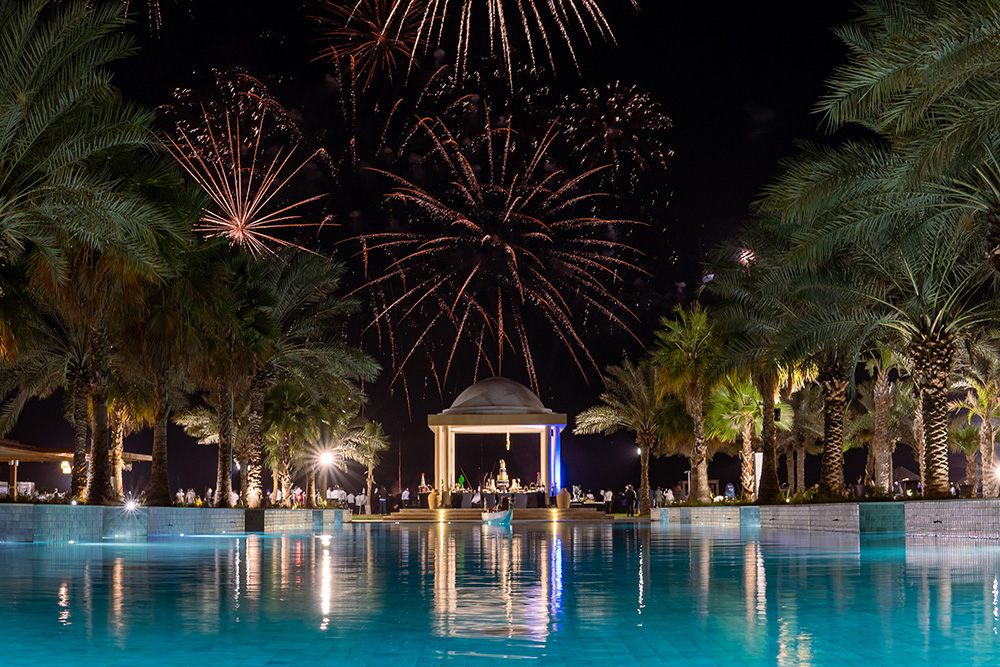
United Nations Office for Outer Space Affairs Director Simonetta Di Pippo: Space assets are important for socioeconomic development
Staff Report
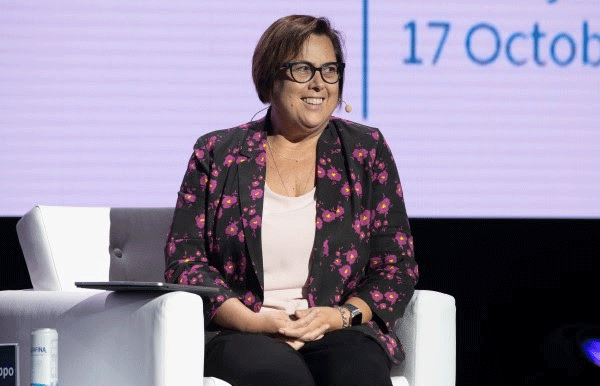
Astrophysicist Simonetta Di Pippo leads the United Nations Office for Outer Space Affairs (UNOOSA), promoting international cooperation in the peaceful uses of outer space. An Academician of the International Academy of Astronautics and member of WEF Global Future Council on Space Technologies, co-chair from 2020, Di Pippo was also awarded the Hubert Curien Award as the first woman laureate in 2018.
The Expo News Service has been speaking to the Italian co-founder of Women in Aerospace Europe (WIA-E) during Expo 2020 Dubai’s Space Week (17-23 October), in association with Mohammed Bin Rashid Space Centre (MBRSC) and the UAE Space Agency – one of 10 Theme Weeks that will take place throughout Expo, as part of the Programme for People and Planet.
Can you briefly explain the aims and ambitions of UNOOSA?
“Founded in 1959, the main goal of UNOOSA is to maintain peaceful uses of outer space, with the ultimate goal of bringing the benefits of space to humankind, everywhere. We have a variety of activities, such as serving on the Committee on the Peaceful Uses of Outer Space (COPUOS), which is currently served by 100-member states out of 193-member states of the UN. We also have a lot of activities to help developing and emerging countries leverage the use of space for socioeconomic sustainable development in their own countries. We really foster international cooperation for the benefit of everyone on Earth.”
Space tourism has dominated the headlines in recent months. Where do you see the value of such activities and how can it be ensured that the derived benefits truly reach everyone?
“Governments have invested public money into developing space technology, starting from telecom satellites through to meteorological satellites and then Earth observation satellites. As the technologies have matured, the spin-offs in the use of these satellites have been commercial, so we are seeing the fruition of commercial activities for the benefit of citizens on Earth. The aviation industry underwent a similar development.”
“You also see this in the investment into the Low-Earth Orbit (LEO). To begin with, there were only two or three countries but then a few more were able to develop infrastructures in, and send astronauts to, the LEO to perform experiments. We are witnessing the private sector meeting this opportunity from a commercial perspective. I expect this will be the beginning of a new era. Simultaneously, it is creating a new perspective: when you look at the Earth from a distance, you realise how fragile it is – we have to consider climate change and we have to work together to preserve the planet for future generations.”
What do you think will be the next frontier to be explored in space?
“The exploration of the solar system.”
What can we learn from space exploration that can be applied back on Earth?
“Every time you have a challenging objective, you have to develop new technologies, be creative and innovative and you have to bring the ingenuity of the most talented people together to meet the goal, such as landing on a planet or having men and women living and working on a different planet. This brings a lot of advantages back to Earth, as we have already seen in the past 60 years since the first satellite was launched into space.”
What made you decide to co-found Women in Aerospace Europe in 2009 and then, more recently, to become a United Nations International Gender Champion?
“You realise at a certain point in time that if you want to win a game, you have to include the most talented people. You cannot discriminate between women and men or between different nationalities or ages. And even though the situation [of equality] started improving, the reality is that the percentage of women in the outer space workplace is still around 20 percent to 25 percent. What I noticed was missing was the possibility of the younger generation of female experts to meet with the senior female leaders to learn what could be done to break the glass ceiling. To that end, I started a space women’s project within the UN, which focuses on networking among international corporations. We have a mentoring programme, and a website that provides information accessible to everyone in the world, so we’re creating awareness and supporting women and girls in STEM careers.”
The democratisation of space exploration has meant that many more countries are now involved in the space sector. What does this imply for the safety, security and sustainability of outer space activities?
“The more satellites we have in orbit, the more we have to think about sustainability and how to preserve space, which is a resource for everyone, for future generations. Simultaneously, to develop the commercial sector, we have to focus on the safety, security and sustainability of outer space activities for the long term. Space assets are also really important for socioeconomic development. In particular, it is important for developing and emerging countries to be aware of the uses of space and to be able to use space assets and infrastructures, so we need to balance these elements. We are putting a lot of effort into supporting the peaceful uses of outer space and to develop new guidelines for all member states to focus on sustainability.”
What do you think Expo 2020 can achieve for humanity?
“Expo 2020 is a wonderful place to meet people, to connect the dots and foster international cooperation. By bringing together all these different cultures and innovative ideas, Expo 2020 is fostering creativity. Plus, Space Week is a great idea – the space community is here to exchange views, sign agreements and present what we do.”
By Author

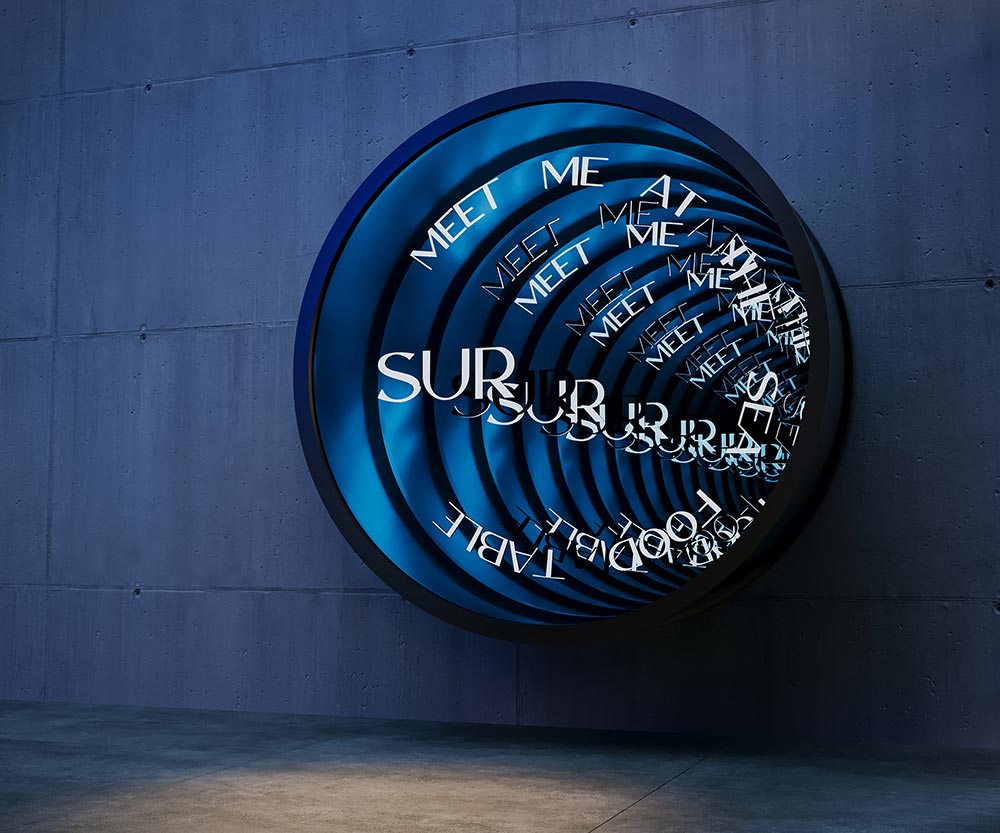
Get Ready For Sur.Dubai: The Ultimate Destination For Seafood Lovers Coming Soon

Endless and So Much Trouble Join Forces to Redefine Luxe Fashion in Dubai
no related post found
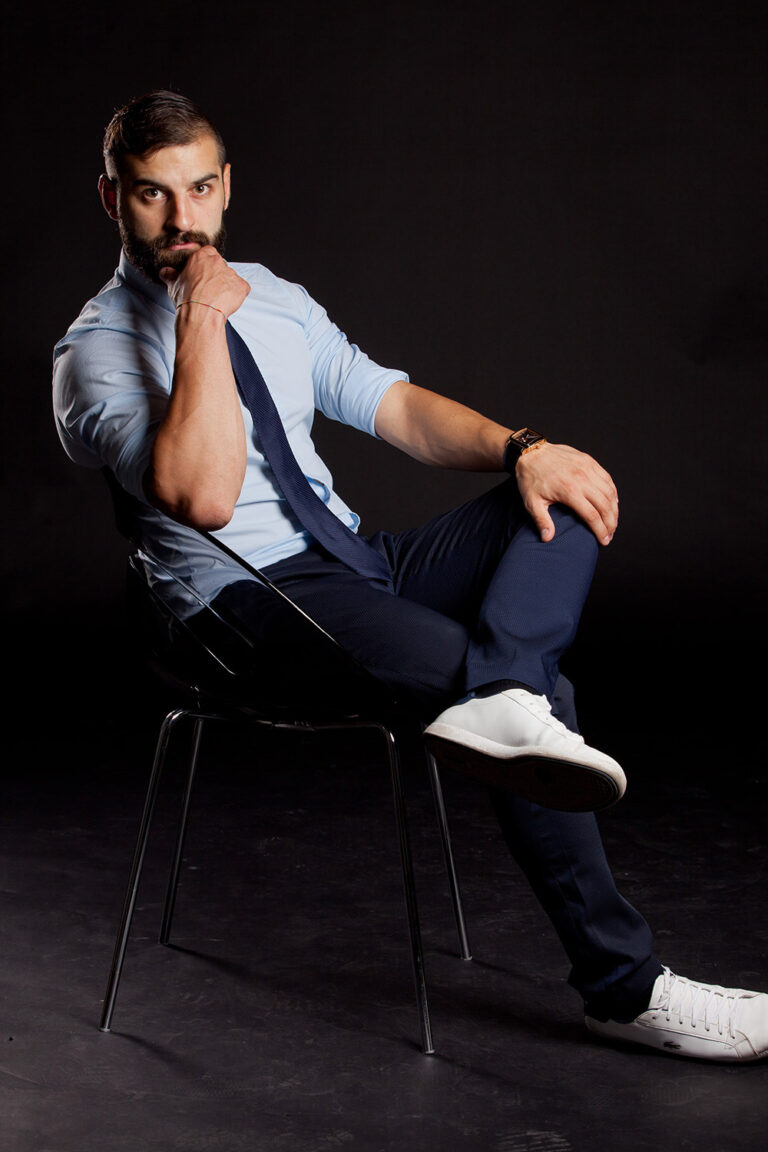
MESMERIZE: Where Artistry and Innovation Unite in a Ballet of Elegance
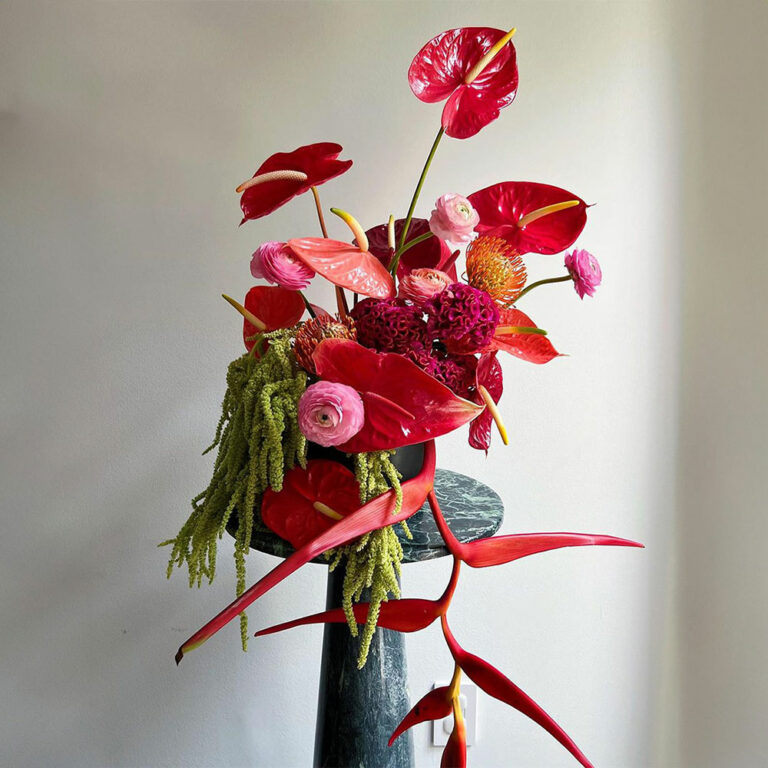
“Flowers are our favorite F word!”

Indulging in Love and Flavor at Playa: A Valentine’s Day Delight
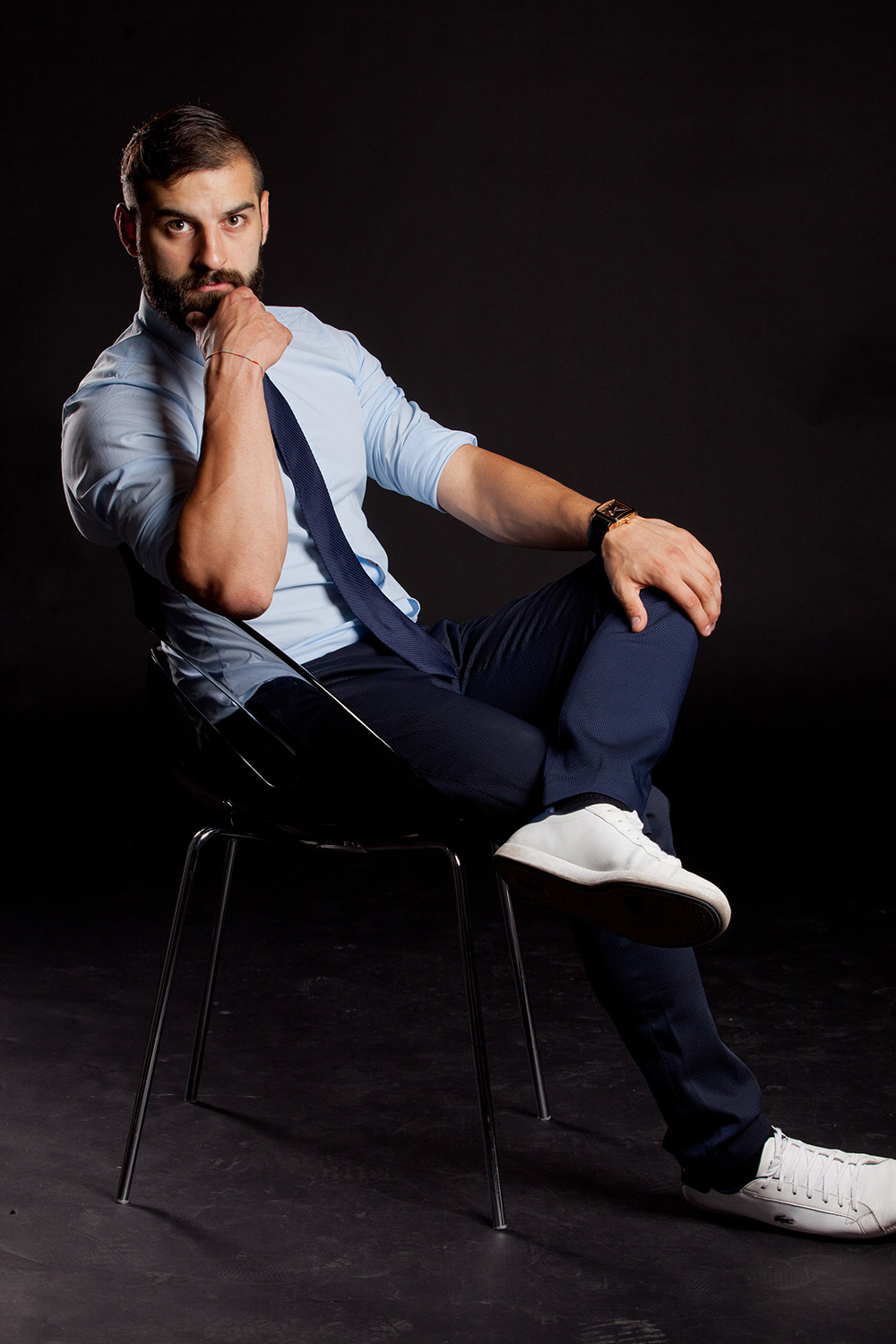
MESMERIZE: Where Artistry and Innovation Unite in a Ballet of Elegance
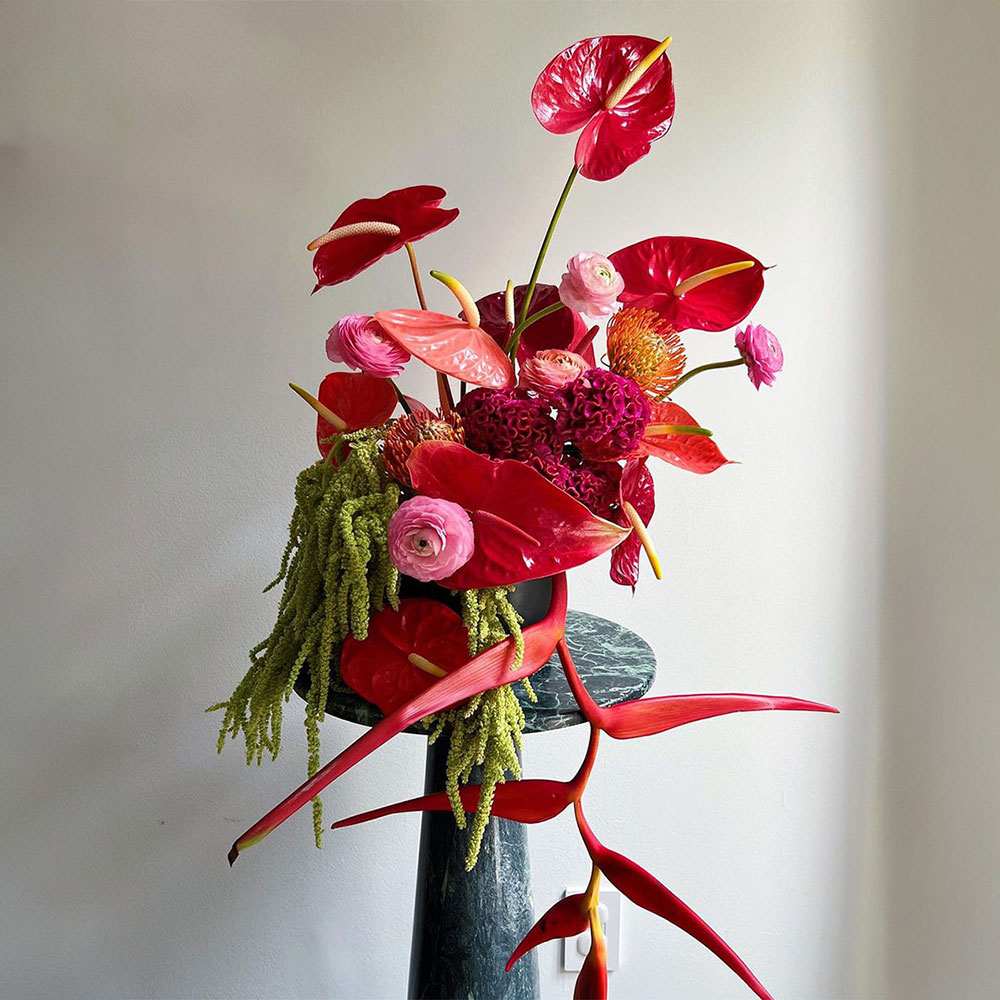
“Flowers are our favorite F word!”

Indulging in Love and Flavor at Playa: A Valentine’s Day Delight


The Golden Move: Embracing the Ray of Hope

Stop Blaming. Enough Is Enough: Words @ 3AM By Gayatri.R
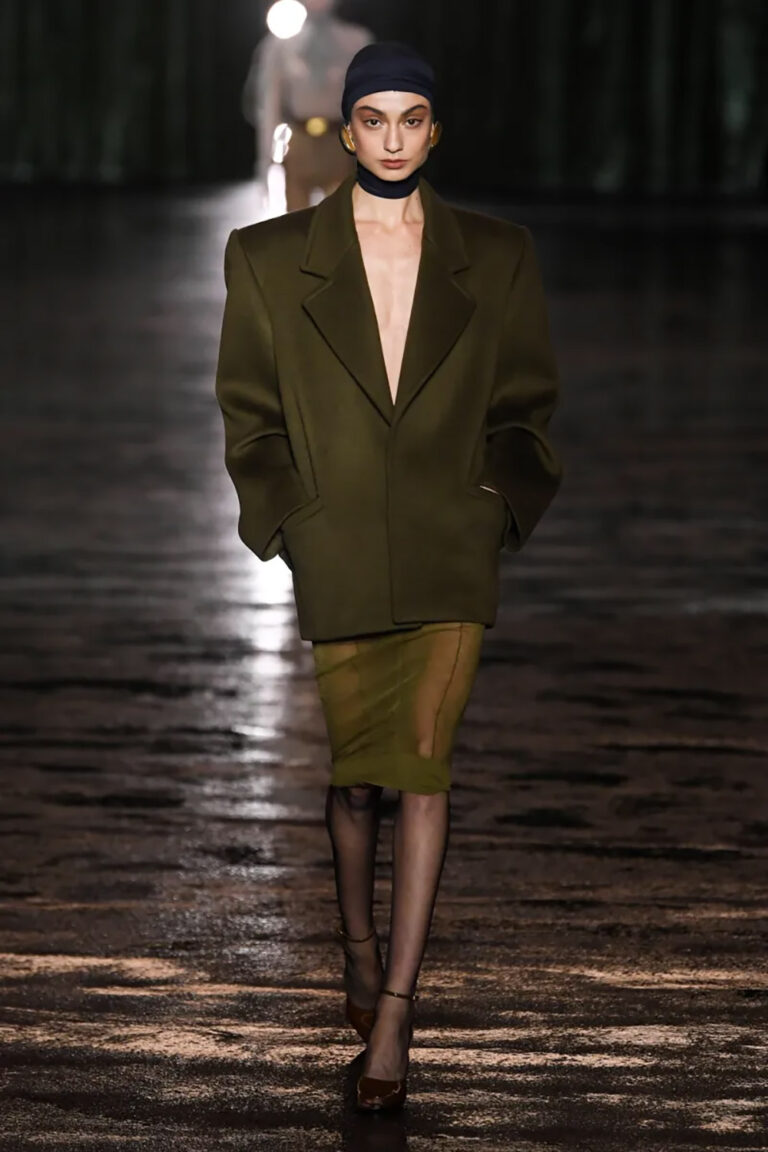

The Silke Beauty: Welcome to Malak Karaki By Omer Rasool


